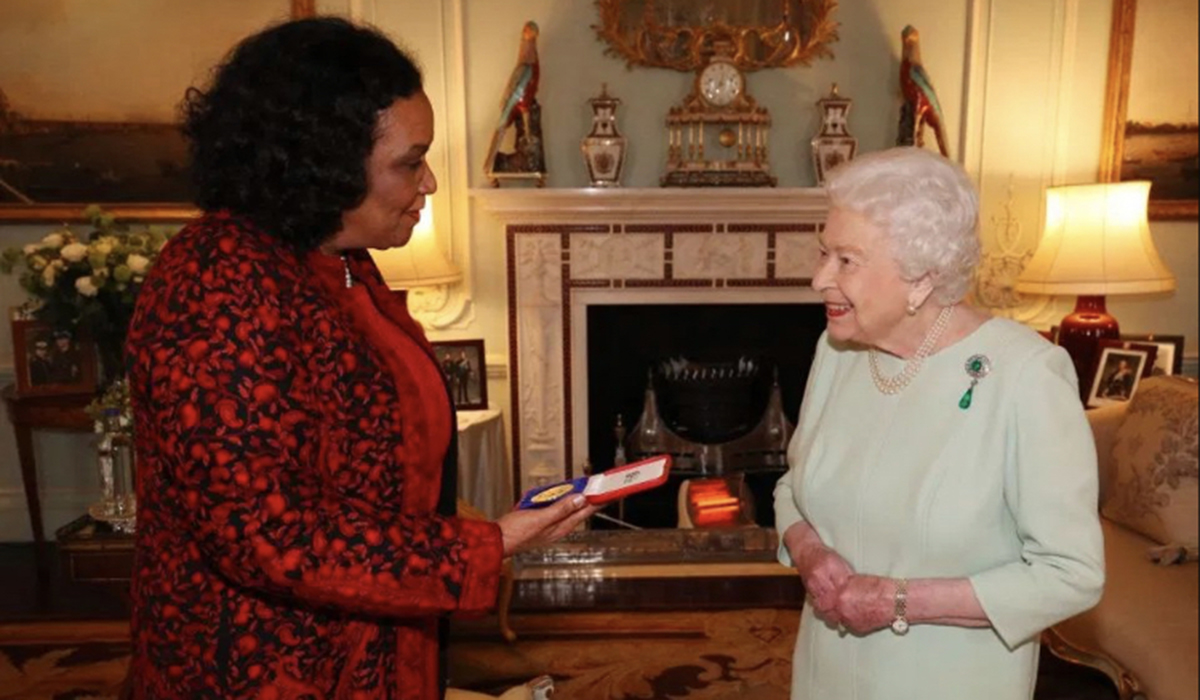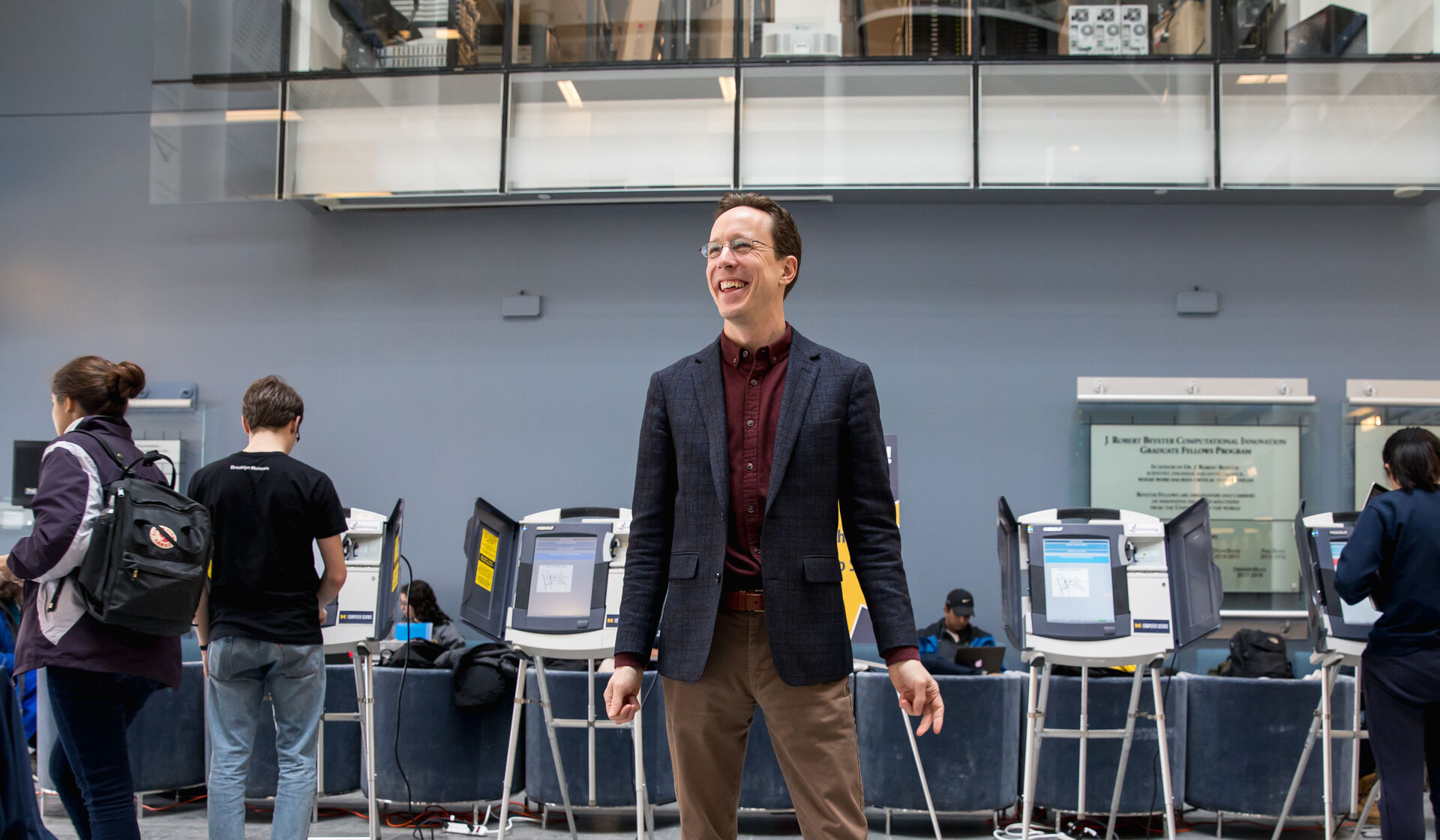In 2019, U-M Professor Emerita Lorna Goodison received the Queen’s Gold Medal for Poetry, and in 2017 was appointed the first female poet laureate of Jamaica. Michigan Alumnus reached out to the Caribbean poet to learn more about her art, teaching, and activism.
You have said that your gift for poetry, which you use to write about people and their conditions, is not an accident. Can you explain?
I found out some years ago that enslaved people on many sugar plantations in the Caribbean were not all emancipated at the same time. The very last people set free were the ones let go on Aug. 1, 1838. As someone who was born on Aug. 1, I have spent much of my writing life thinking about, and writing for, people who are often considered to be the least deserving. These “First of August Negroes” have much in common with the African Americans in Galveston, Texas, who received the news that slavery had been abolished more than two years after the rest of the USA.
You often write about the struggles of Black Caribbean and African American women. How do they inspire your writing?
I have written about Nanny of the Maroons, Rosa Parks, Winnie Mandela, Billie Holiday, the matriarchs in my own family, and many more. I spend a great deal of time researching and thinking about the circumstances of their lives as I search to find words and images to honor them. I have never drawn any firm line of demarcation between the struggles of Black Caribbean women and African American women. Recently, I wrote a poem for Sandra Bland because I cannot stop thinking about the circumstances that precipitated her death. I believe that the Black Lives Matter movement is a powerful and necessary force for change at this time. I have always regarded the arts as my main vehicle for defending truth and right.
What did you enjoy most and learn from teaching in the Department of Afroamerican and African Studies at U-M for 20 years?
In the Helen Zell Writers’ Program, I was able to invite Nobel laureates Derek Walcott and Wole Soyinka to campus. Their readings attracted a cross section of audiences from Michigan and out of state who wanted to hear and see these two giants of Caribbean and African literature. I also learned the value of using Caribbean literature as a gateway for classes made up of Black and white students who can find discussions about slavery in the U.S. to be painful and even traumatic. A great deal of Caribbean literature grapples with the effects of slavery and colonialism very openly. The students first received the information at a remove, which diminished the tension that sometimes accompanies the subject of slavery in an American classroom. I also found it rewarding to teach poetry to U-M athletes, because they often approach the reading of poetry from interesting and surprising angles. I now find myself watching NFL and NBA games because of all the athletes I worked with at U-M.
You created a poetry and self-defense workshop for young women in Jamaica. What did you hope they would get out of the experience?
The “All Flowers Are Roses” workshops were designed to build self-esteem and encourage self-expression. Practicing self-defense, reading, and writing poetry are ways of gaining a measure of personal agency and affirming one’s dignity and humanity. Many of the participants in these workshops live in urban environments, which can be difficult places for young women, and several of these young women proved to be quite gifted poets and writers. Some are now up-and-coming performance poets.
What was it like to meet Queen Elizabeth?
I felt that the people I’ve been writing about for over 50 years accompanied me and my husband, Ted Chamberlin, to Buckingham Palace. Growing up in Jamaica, I was encouraged to sing praise songs to the Queen of England. One such anthem insisted that Her Majesty was “gracious and kind.” I found her to be very much so, and I was touched to see one of her little corgis sound asleep in a basket outside her study.





